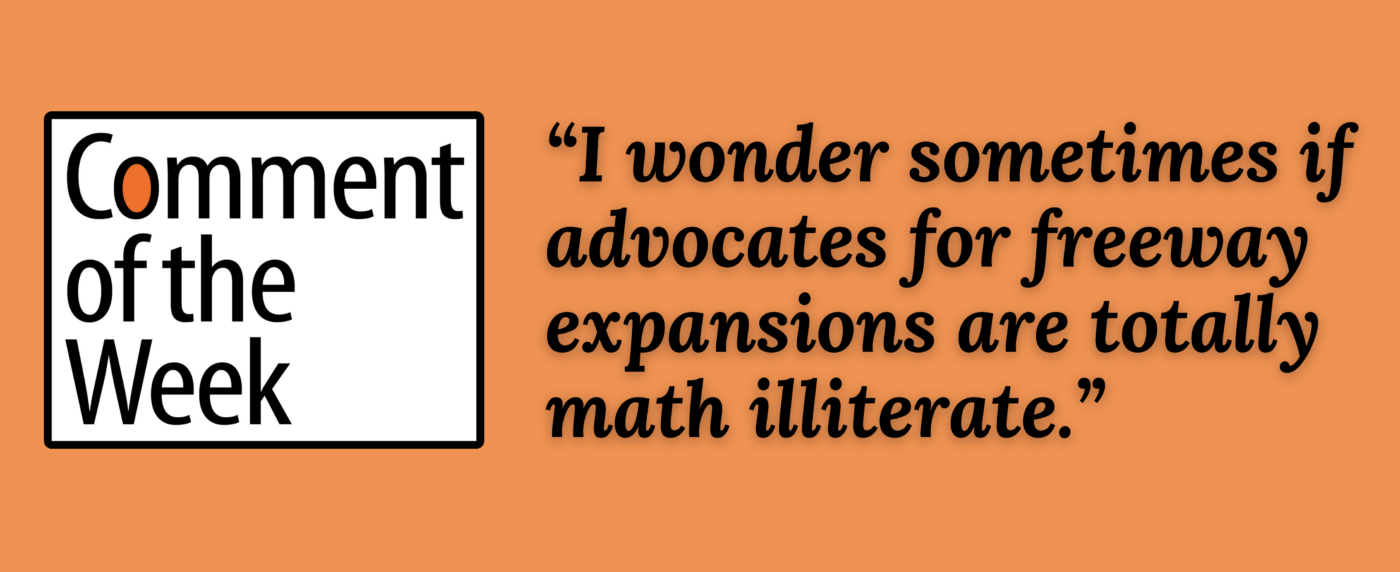
Jonathan doesn’t like it if I engage in “navel gazing,” but his post last week about the kick-off of the state’s Joint Committee on Transportation 13-city tour in advance of Oregon’s 2025 transportation package was really good reporting. After spending seven hours with the committee — in the bus and, at the round-table, and during the public comments — he captured both the feeling in the room as well as the specifics of what participants said.
And you responded with 200 comments (so far). I just went through all of them again this morning—and this blows me away—all the comments are on-topic! I would say curl up with a cup of hot chocolate in front of the fire and read them, except that it’s nearly summer. But I defy anyone to find a more knowledgeable, civil conversation (open to all) on internet, and I think it’s worth spending time reading the whole thread.
A comment from somone named, “Ivc” is this week’s selection. It got a COTW nomination (those nominations can be really helpful with this volume of comments, so please keep them coming) and a lot of thumbs up. I liked it because it stepped back from the details that many commenters were discussing, and instead zeroed-in on the core problem: the state cannot afford to pay for the car-centric mega-projects it has committed to.
Here’s Ivc’s comment:
There’s a lot to unpack in this post.
I wonder sometimes if advocates for freeway expansions are totally math illiterate. They need billions.
“…Many of those funds were diverted to non-road projects” — my rear end. A quick look at ODOT’s 2023-25 Budget, [shows that] “Public Transportation” (transit and active transportation) amounts to 465 million, 8% of ODOT’s budget for that cycle. Even if the state didn’t spend another penny on bikes or transit ever again, it wouldn’t be enough fund one of these expansions, let alone three of them. If they’re not sitting there dreaming up with massive new revenue sources for these fantasy projects, they need to be advocating for stopping these projects now. Anything else is just delusional.
I do find it curious that Director Williams appears to be completely unaware of freeway traffic in Southern California or around Puget Sound.
Thank you Ivc. Please treat yourself to reading Ivc’s comment in the context of 199 other fine takes on Oregon’s transportation situation.

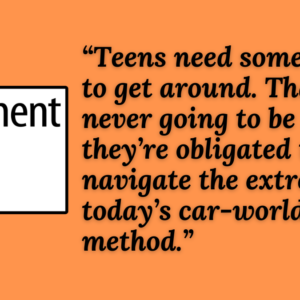
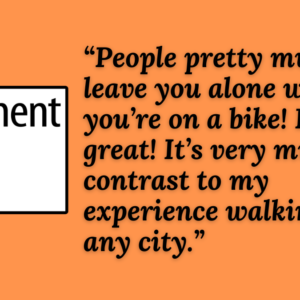
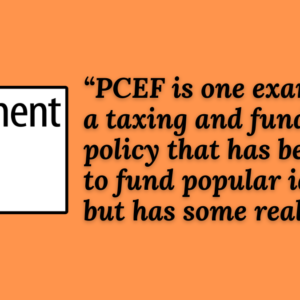
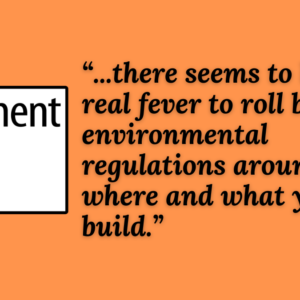
On the Nov 2020 voter rejected SW Corridor MAX extension to Tigard and Tualatin (“widening” State Hwy 99W from 5-lanes to 8-lanes) I applied 6 basic metrics that determine support or opposition. The proposal met NONE of these metrics, not even close. The metrics begin with Public Safety, Public Health, Urban & Environmental Impacts, then gains in transit patronage and development potential (both exaggerated) and lastly various costs (planning, construction, operation, financing) after more important metrics meet acceptable standards.
To conclude that the determining factor of proposed infrastructure projects as primarily their cost is a grave disservice to the people of Portland and Oregon. The Rose Q I-5 “widening” also fails these metrics – Public Safety, Public Health, Urban & Environmental impact and inappropriate development whereby the public is put in harm’s way.
Decades of planning the Columbia River I-5 Bridge replacement proposal included a 2011 design that was peer reviewed and broadly condemned as structurally unsound. Three similar designs followed that were rejected for that reason and because they didn’t meet Coast Guard minimum river clearance standard of 125′. We should be grateful to Washington State legislators Ann Rivers, Don Benton and Jaime Beutler for refusing to fund a terribly engineered project.
As for the many ODOT projects across the State that I have next to no info on, I can only say that ODOT director Kris Strickler CANNOT be trusted. Greedy misanthropic State departments of highway robbery directors, department heads and project managers should not be trusted.